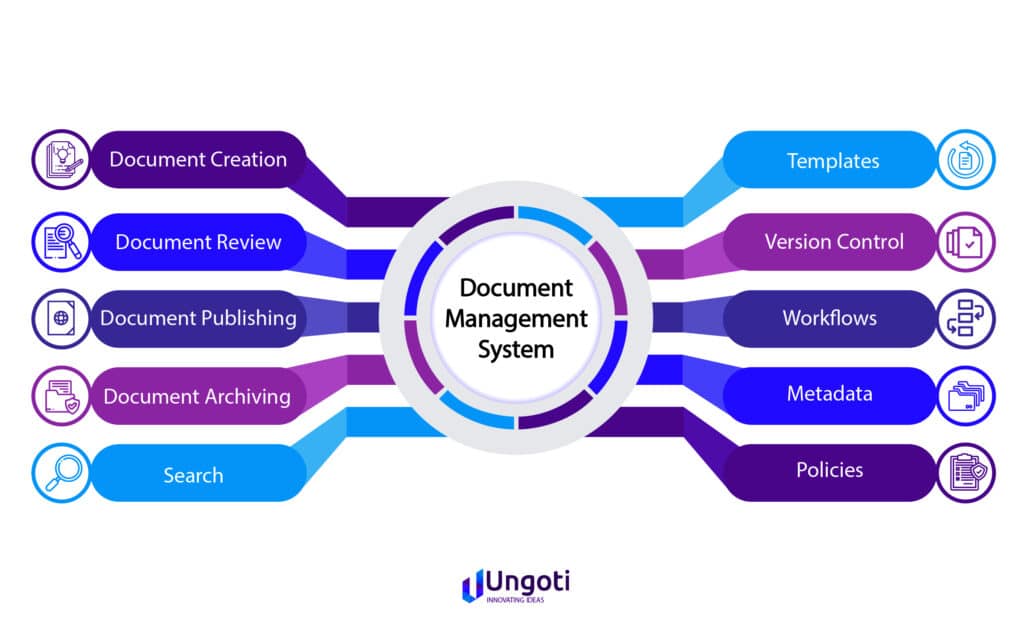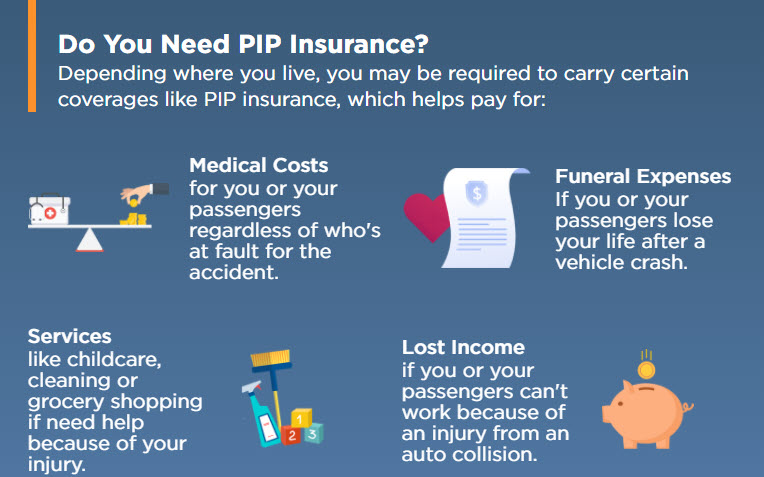Running a small business can be an exciting and rewarding endeavor. As an entrepreneur, you’re constantly juggling multiple responsibilities, from managing operations to serving customers. Among these crucial tasks is accounting and payroll, which play a vital role in the financial health and success of your business. In this article, we will explore the key aspects of small business accounting and payroll, providing you with valuable insights and practical tips to streamline your financial processes and ensure compliance. So, let’s dive in!
Accounting and payroll management are essential components of running a small business effectively. These activities involve recording financial transactions, managing employee salaries and benefits, tracking expenses, and ensuring compliance with tax regulations. By establishing robust accounting and payroll systems, you can maintain accurate financial records, make informed business decisions, and stay on top of your tax obligations.
Importance Of Small Business Accounting
Small business accounting goes beyond simply tracking income and expenses. It provides a comprehensive view of your company’s financial health, enabling you to monitor cash flow, assess profitability, and identify areas for improvement. Proper accounting practices also facilitate budgeting, financial planning, and securing financing from lenders or investors. With accurate and up-to-date financial data, you gain valuable insights to drive growth and make strategic decisions for your business.
Setting Up Your Small Business Accounting System
To establish an effective small business accounting system, follow these key steps:
- Choosing the Right Accounting Software
Selecting the appropriate accounting software is crucial for efficient financial management. Look for software that aligns with your business size, industry, and specific requirements. Consider features such as invoicing, expense tracking, inventory management, and financial reporting. Popular options include QuickBooks, Xero, and FreshBooks.
- Creating Chart of Accounts
A chart of accounts is a categorized list of all financial accounts used by your business. It helps organize transactions and generate accurate financial reports. Customize your chart of accounts to match your business structure and industry standards. Common account categories include assets, liabilities, equity, revenue, and expenses.
- Setting Up Bank Accounts and Payment Gateways
Separating your personal and business finances is essential for maintaining clarity and accuracy in your accounting. Open a dedicated business bank account to handle all business-related transactions. This will help you track income and expenses more effectively. Additionally, consider setting up payment gateways or merchant accounts to facilitate seamless online transactions with your customers.
Recording And Tracking Financial Transactions
Accurate recording and tracking of financial transactions are the backbone of small business accounting. This ensures that you have a clear record of all incoming and outgoing funds. Let’s explore some important aspects of this process:
- Managing Sales and Invoices
Create a system to track sales and generate invoices for your products or services. This allows you to monitor your revenue, manage accounts receivable, and keep track of outstanding payments. Utilize accounting software to automate this process and generate professional-looking invoices.
- Tracking Expenses and Receipts
Keep a record of all business expenses, including receipts and invoices. Categorize your expenses to analyze spending patterns and identify areas for cost reduction. This includes tracking office supplies, utility bills, marketing expenses, and any other costs associated with your business operations.
- Reconciling Bank Statements
Regularly reconcile your bank statements with your accounting records to ensure accuracy. This involves comparing your recorded transactions with the transactions listed on your bank statement. Reconciliation helps identify any discrepancies or errors and ensures that your financial records are up to date.
Small Business Payroll Management
Managing payroll accurately is crucial for maintaining employee satisfaction and complying with labor laws. Consider the following factors when handling your small business payroll:
- Understanding Payroll Obligations
Familiarize yourself with the legal requirements and obligations related to payroll management. This includes minimum wage laws, tax withholding, overtime regulations, and benefits administration. Staying compliant will protect your business from penalties and legal issues.
- Employee Classification and Compensation
Classify your employees correctly, distinguishing between full-time, part-time, and contract workers. Ensure that you compensate them fairly and provide accurate records of their earnings. This includes regular wages, overtime pay, bonuses, and any other forms of compensation.
- Calculating and Withholding Taxes
Understand your tax obligations as an employer. Determine the appropriate federal, state, and local taxes to withhold from employee paychecks. Be diligent in submitting these withholdings to the respective tax authorities within the designated timelines.
- Processing Payroll
Establish a reliable payroll processing system to ensure timely and accurate payments to your employees. This can be done manually or by using payroll software. Automating the process minimizes errors and saves time, allowing you to focus on other aspects of your business.
Maintaining Financial Records
Consistent organization and maintenance of financial records are essential for smooth accounting operations. Here are some practices to consider:
- Organizing Documents and Receipts
Implement a system for organizing and storing financial documents and receipts. This can be physical filing cabinets or digital cloud storage. Proper organization makes it easier to retrieve documents when needed, simplifying audits and financial analysis.
- Keeping Track of Business Assets
Maintain a record of your business assets, such as equipment, vehicles, or inventory. Track their value, depreciation, and any changes in ownership. This information is crucial for accurate financial reporting and calculating tax deductions.
- Generating Financial Reports
Regularly generate financial reports to assess the financial health of your business. Balance sheets, income statements, and cash flow statements provide valuable insights into your company’s performance. Review these reports
Tax Compliance For Small Businesses
Tax compliance is a critical aspect of small business accounting. Ensure that you meet your tax obligations by following these steps:
- Understanding Business Taxes
Familiarize yourself with the different types of business taxes applicable to your company. This may include income tax, sales tax, payroll taxes, and self-employment taxes. Understand the filing deadlines and requirements for each tax type.
- Filing Tax Returns and Payments
File your tax returns accurately and on time to avoid penalties and interest charges. Keep track of important tax deadlines and gather all the necessary documentation to complete your tax returns. Consider seeking professional assistance from a tax advisor or accountant to ensure compliance and maximize deductions.
- Seeking Professional Assistance
Managing accounting and payroll can be complex, especially as your business grows. It may be beneficial to seek professional assistance from an accountant or bookkeeper. They can provide guidance on tax planning, financial analysis, and ensure accurate and timely filing of financial documents.
Advantages Of Outsourcing Accounting And Payroll
As your business expands, outsourcing accounting and payroll tasks can offer several advantages. Consider the following benefits:
- Time savings: Outsourcing these functions allows you to focus on core business activities and strategic decision-making.
- Expertise: Professional accountants possess in-depth knowledge and expertise in managing financial processes and staying compliant with tax regulations.
- Cost-effective: Outsourcing can be more cost-effective than hiring full-time employees to handle accounting and payroll tasks.
- Accuracy and reliability: Professional accounting services ensure accurate and reliable financial records, reducing the risk of errors or discrepancies.
Conclusion
Effective small business accounting and payroll management are essential for the financial success of your company. By implementing robust systems, tracking financial transactions, and staying compliant with tax regulations, you can maintain accurate records, make informed decisions, and ensure the financial health of your business. Consider the advantages of outsourcing these tasks to save time, reduce errors, and focus on growing your business.






